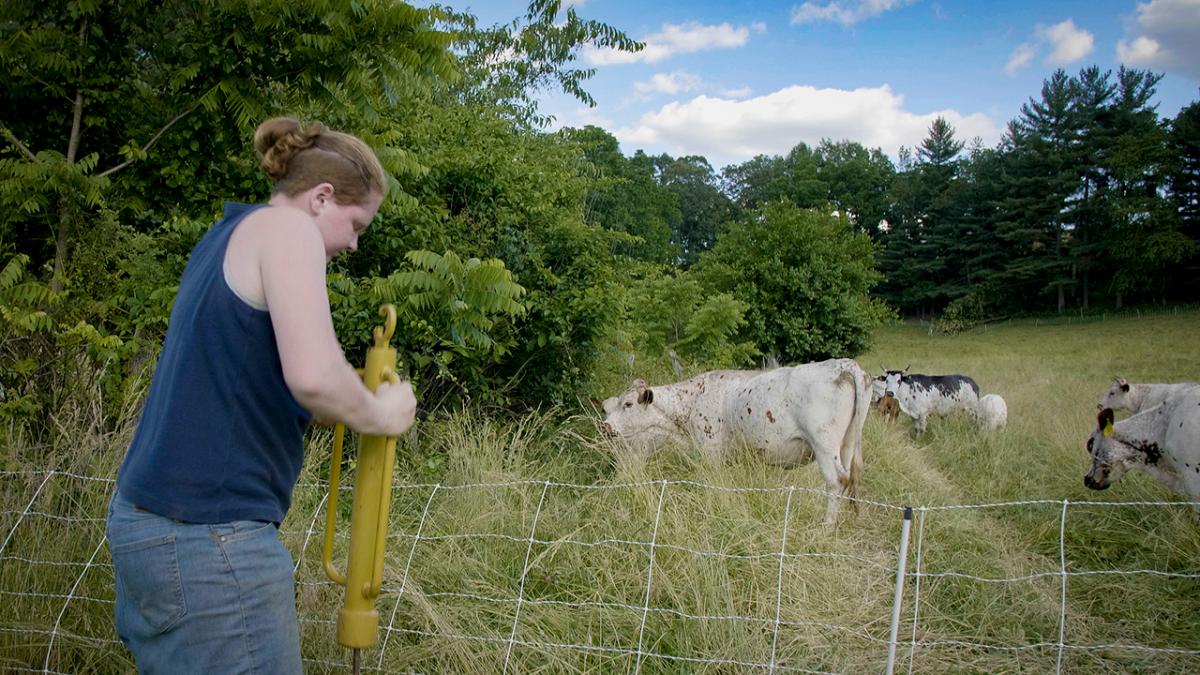Preston Keres/USDA (Flickr/Public Domain)
What are your expectations when participating in the Nebraska Land Link Program? This is truly a question that each individual must answer. Setting expectations early helps build trust between the landowner and land seeker, leading to a better working relationship throughout the process. It is important to know what your expectations are of this process and to be ready to share them with your Land Link partner.
A good place to start identifying your expectations is defining your business and personal goals. When determining your goals, consider more than just your desire to increase or decrease your involvement in farming or ranching. You need to dig deeper.
Here are some questions to help you formulate your personal expectations. When answering these questions be as specific as possible.
- What do you want at the end of this process?
- How long are you willing to engage in the Land Link process?
- What types of arrangements are you willing to participate in? Cash rent leases, crop share leases, partnerships, rent-to-own arrangements, outright purchases or sales, seller-financed sales, gifting, other?
- What type of compensation are you willing to accept?
- How much compensation are you willing to provide to the other party?
- How do you want to communicate? How often do you want communication? What are your preferred methods of communication?
- What responsibilities are you wanting to retain or release?
- What items are you willing to negotiate on? What items are you not willing to negotiate on?
Now that you have your personal expectations defined, it will be easier to share them with others. Once you have been matched, landowners and land seekers should discuss the following questions together. We highly recommend that these expectations be made into a binding legal agreement such as an operating agreement, purchase contract or lease agreement. NOTE: The use, lease or purchase of assets may need to be outlined in separate agreements. For example, a land seeker may purchase equipment, but rent the land.
- How long will the agreement or process last?
- Specifically, what is included in the agreement: land, livestock, equipment, housing, buildings, etc.?
- Can the agreement be amended? Who has the right to call for revisions, under what circumstances?
- Can the agreement be terminated? Who has the right to call for termination, under what circumstances? How will each party be compensated in the event of termination (capital improvements, unpaid labor, land preparation for future crops)?
- What are the responsibilities of each party?
- What is the compensation provided to each party?
- What expenses will be paid by each party?
- If the landowner or land seeker dies, is the agreement binding on heirs?
- What additional provisions should be included in the agreement? Example: “first right to offer” and/or “first right to refusal”?
- What are the permitted uses or restrictions of the assets included in the agreement?
- What are the conservation or specialty practices that must be maintained?
- How will disputes be resolved?
Defining your expectations of a Land Link match will help you find the right opportunity and build trust throughout the Land Link process.
Land Link Home